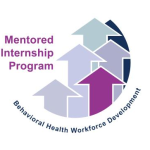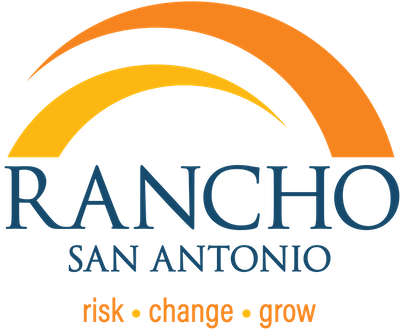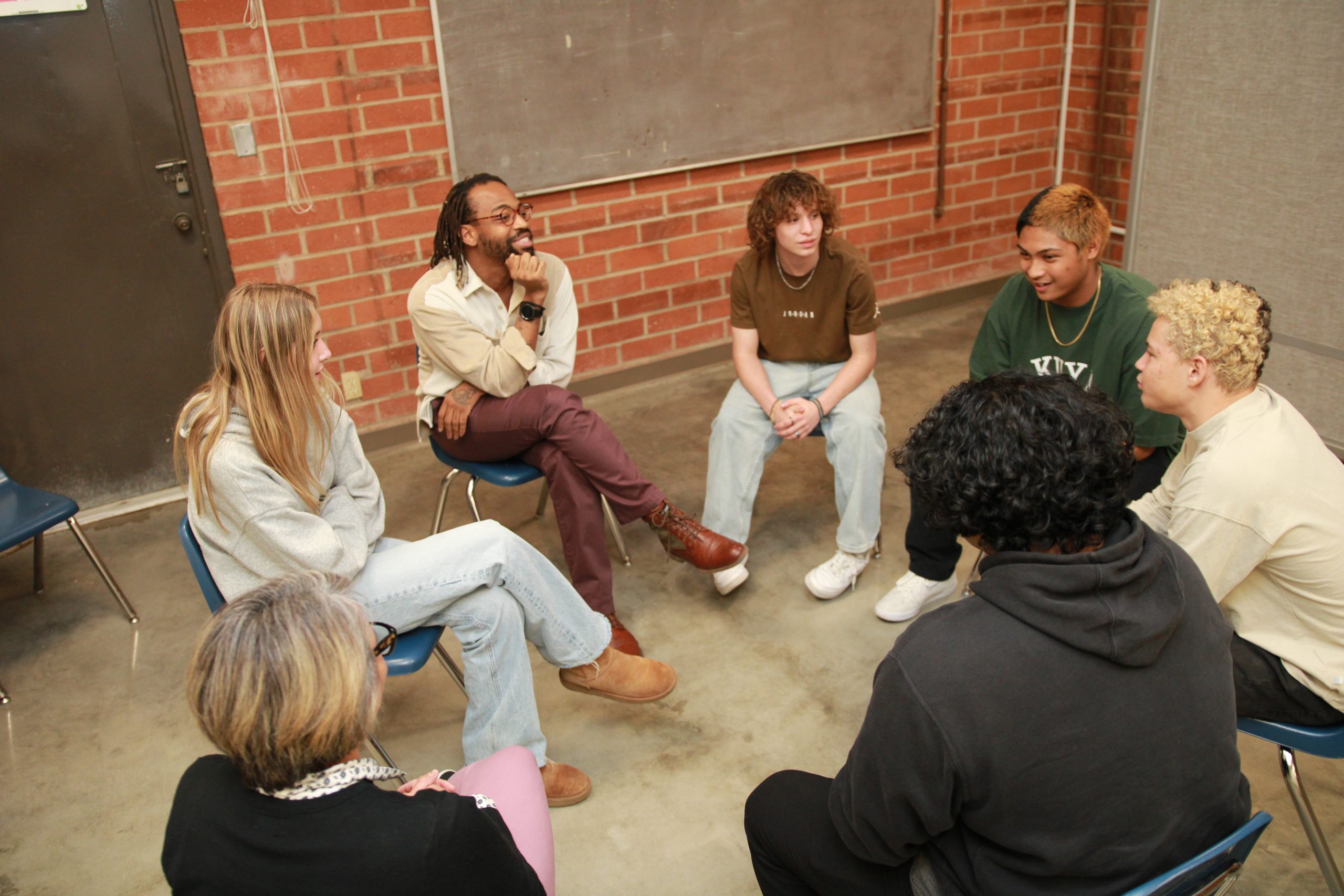
Rancho San Antonio Boys Home, Inc is Pleased to Announce That We Have Been Awarded $500,000 to Support Next Generation of Behavioral Health Care Workers
Rancho San Antonio Boys Home, Inc (RSA) was recently awarded $500,000 of grant funding by the Department of Health Care Services’ (DHCS) Community Services Division for our Mentored Internship Program (MIP). There was over $17 million awarded in Round 2 funding for the Mentored Internship Program (MIP), and only 39 behavioral health organizations throughout California were selected to receive funds. The 39 Round 2 grantees join 121 recipients from Round 1 for a total of 160 Mentored Internship Program grantees across the state.
This funding statewide provides mentored and paid internships for more than 1,000 Behavioral Health interns, ranging from students in alternative high school to doctoral programs. This unique model assists in the development of critically needed behavioral health mentors throughout partnered institutions. The program’s goal is to recruit and retain a diverse workforce passionate about helping individuals struggling with substance use and mental health disorders, including those with Opioid Use Disorder (OUD). As an agency, we understand the importance of recruiting individuals into the workforce that reflect our clients’ cultural, ethnic, gender, demographic and racial identities, in order to deliver effective, culturally relevant, trauma informed services.
MIP interns will be placed in our programs serving youth, including the Substance Use Disorder treatment program, Short Term Residential Therapeutic Program (STRTP), Youth Diversion and STRTP Aftercare Services to individuals transitioning from incarceration, and transitional age youth (ages 18-25). We will continue to partner with educational institutions for the recruitment of students from diverse backgrounds, including persons of color, disadvantaged students, and those with personal and/or family-lived experience in recovery from mental health and/or substance use disorders as well as with institutions that will recruit bilingual students who are fluent in California’s threshold languages.
We are thankful for this opportunity and look forward to learning more from the state about next steps as we move ahead with this exciting venture.



 @facebook.com/RSAorg
@facebook.com/RSAorg @RanchoSanAntonio
@RanchoSanAntonio @ranchosanantonio_org
@ranchosanantonio_org @rancho-san-antonio
@rancho-san-antonio